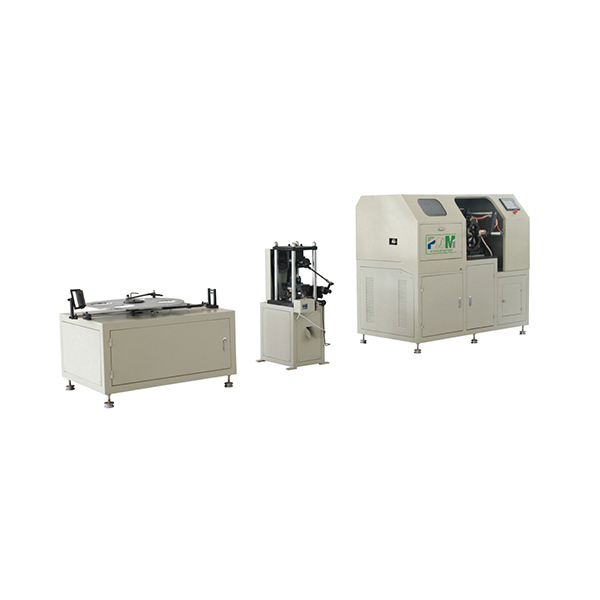Jul . 28, 2024 09:06 Back to list
Leading Manufacturers of Pocket Filters for Efficient Air Filtration Solutions in Various Industries
The Role of Pocket Filter Manufacturers in Air Quality Management
In an era where air quality concerns are becoming increasingly critical, pocket filter manufacturers play a pivotal role in various industries by providing essential filtration solutions. These filters are integral to maintaining clean air standards in commercial and industrial settings, contributing to both environmental health and workplace safety.
What Are Pocket Filters?
Pocket filters, commonly referred to as pleated filters, consist of several layers of filter media folded into pockets, which increase their surface area and enhance their ability to capture airborne particles. They are typically made from synthetic or natural fibers, ensuring durability and efficiency in various operational environments. The design allows for higher dust-holding capacity and lower resistance to airflow, which is crucial for optimized performance in HVAC systems, clean rooms, and industrial processes.
Importance of Air Filtration
Airborne contaminants can vary dramatically, including dust, pollen, mold spores, and even harmful bacteria and viruses. Industries such as pharmaceuticals, food production, and electronics manufacturing require strict air quality control to ensure product quality and compliance with health regulations. Pocket filters help mitigate the risk of contamination, thereby safeguarding both production processes and end consumers.
Furthermore, regular air filtration is essential for maintaining the efficiency of HVAC systems. Poor indoor air quality can lead to a host of issues, including respiratory problems and reduced productivity. By investing in high-quality pocket filters, companies can enhance their operational environments, benefiting employee health while also meeting industry standards.
The Manufacturing Process
pocket filter manufacturer

Pocket filter manufacturing involves several key steps to ensure the final product meets specific performance criteria. The process begins with sourcing materials that possess desirable filtration properties. Manufacturers typically prioritize media that can effectively trap particulate matter while allowing for optimal airflow.
Once the media is selected, it undergoes processes such as cutting, pleating, and assembling into the pocket configuration. Quality control measures are implemented at each stage to ensure that the filters not only meet the required efficiency standards but also hold up under varying conditions, including temperature and humidity changes.
Innovations in manufacturing processes have further improved the design and performance of pocket filters. For example, advancements in nanofiber technology have allowed manufacturers to create filters that significantly enhance particle capture rates while being lightweight and less obstructive to airflow. This innovation is crucial for improving energy efficiency in HVAC systems and reducing operational costs.
Market Trends and Sustainability
As industries become more aware of their environmental impact, the demand for sustainable filtration solutions is on the rise. Pocket filter manufacturers are responding by developing eco-friendly products using recyclable materials or biodegradable options. Such initiatives not only reduce environmental footprints but also align with global sustainability goals.
Additionally, the market is witnessing a surge in smart filtration technologies. Manufacturers are integrating sensors that monitor air quality in real-time and provide insights into filter performance. This proactive approach helps organizations manage their air quality systems more effectively and optimize filter replacements, leading to cost savings and improved operational efficiency.
Conclusion
In conclusion, pocket filter manufacturers play a crucial role in ensuring air quality across various industries. Their products are not only vital for compliance with health and safety regulations but also contribute significantly to employee wellbeing and environmental sustainability. As the demand for cleaner air continues to grow, so too will the innovations from pocket filter manufacturers, driving advancements that support a healthier future. By investing in high-quality filtration solutions, businesses can not only enhance their operational efficacy but also champion the cause of environmental protection.
-
PLAB-6 A B Two Compounds Filter End Cap Gluing Machine - Hebei Filter Man
NewsAug.17,2025
-
PLAB-6 A B Two Compounds Filter End Cap Gluing Machine-Hebei Filter Man|Precision Gluing, Efficient Manufacturing
NewsAug.17,2025
-
PLAB-6 A B Two Compounds Filter Gluing Machine - Hebei Filter Man
NewsAug.17,2025
-
PLAB-6 A B Two Compounds Filter End Cap Gluing Machine-Hebei Filter Man Automotive Parts Trading Co., Ltd|Precision Gluing&Industrial Automation
NewsAug.17,2025
-
Active Carbon Air Filter for Air Purifier - Odor & VOC Removal
NewsAug.17,2025
-
PLAB-6 A B Two Compounds Filter Gluing Machine-Hebei Filter Man|Precision Automation,Customizable Settings
NewsAug.16,2025
